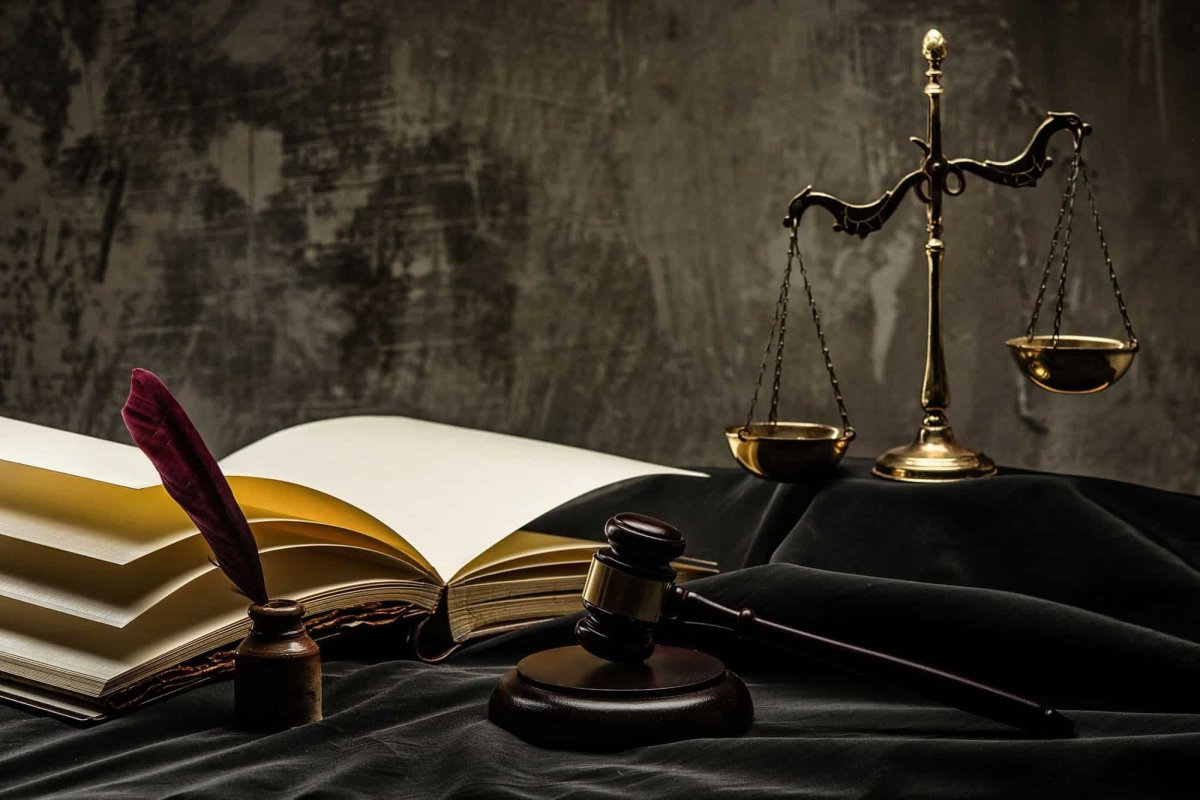Custody and guardianship of children: legal regulation and court practice
Introduction
Child custody and guardianship are important family law institutions designed to protect the rights and interests of minor children in cases where they are left without parental care. In Ukraine, these issues are regulated by the Family Code of Ukraine, as well as other legal acts. In this article, we will analyze the legal regulation of child custody and guardianship, as well as the court practice in this area.
Legal regulation of guardianship and trusteeship
Guardianship and trusteeship: definition and difference
- Guardianship is established over children under the age of 14. The guardian is the legal representative of the child and makes decisions on his or her behalf.
- Guardianship is established over children between the ages of 14 and 18. The guardian assists the adolescent in exercising their rights and protecting their interests, but the adolescent makes most decisions on their own.
You may also be interested in the following articles:lawyer consultationlawyer consultation analysis of documents legal analysis of the situation written consultation verification of documents by a lawyer lawyers documents legal assistance online lawyer online legal opinion legal opinion of a lawyer lawyer online
Grounds for establishing guardianship and custody
Guardianship or custody is established in the following cases:
- The death of parents: When a child is left an orphan.
- Deprivation of parental rights: If the parents are deprived of parental rights by a court decision.
- Unknown whereabouts of the parents: If the parents are missing.
- Long-term absence of parents: If the parents are in prison, medical treatment or abroad for a long time.
The procedure for establishing guardianship and custody
- Submission of the application: The interested person submits an application to the guardianship and custody authority.
- Examination of living conditions: The guardianship and custody authority conducts a survey of the applicant's living conditions.
- Decision of the guardianship and custody authority: Based on the examination, the authority makes a decision on the appointment of a guardian or custodian.
- Court approval: In some cases, the decision of the guardianship and custody authority requires court approval.
Rights and obligations of guardians and trustees
Guardians and trustees have the following rights and obligations:
- Ensure the upbringing, education and development of the child.
- Protect the rights and interests of the child.
- Represent the child in relations with third parties.
- Dispose of the child's property in the child's interests (with the consent of the guardianship and custody authority).
Court practice
Establishment of guardianship and custody
Court practice shows that the main criterion for choosing a guardian or custodian is the interests of the child. The court carefully examines the child's living conditions, character, moral qualities, and the possibility of ensuring proper upbringing and development.
Dispute resolution
In case of disputes over guardianship and custody, the court takes into account the following factors:
- The child's wishes (if he or she has reached the appropriate age).
- The child's relationship with potential guardians or caregivers.
- The ability to provide a stable and safe environment for the child.

































